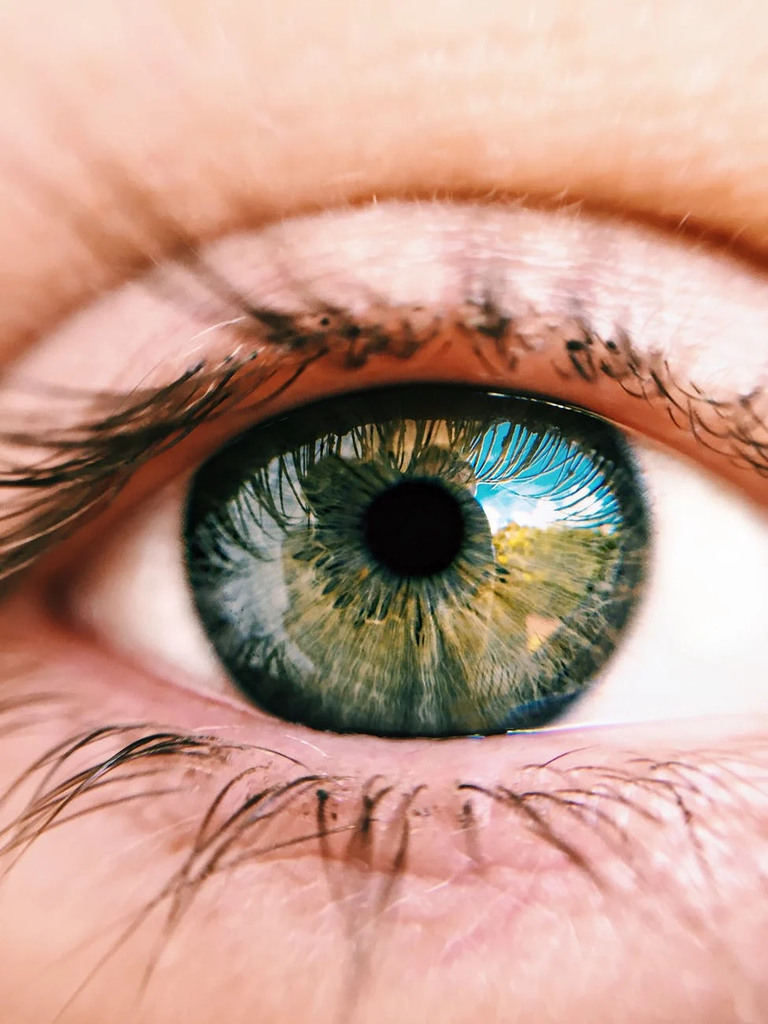Sleep apnea is often linked to various health problems, including high blood pressure, stroke, heart disease, and irregular heartbeats, diabetes, and more. A recent study presented at the American Academy of Ophthalmology (AAO) 2019 Annual Meeting in San Francisco shared their findings indicating that obstructive sleep apnea (OSA) may also be a risk factor for diabetic macular edema (DME).
ApneaMed is here to walk you through how sleep apnea and macular edema are linked.
What Is Obstructive Sleep Apnea?
Obstructive sleep apnea is a sleep disorder that causes an individual to have involuntary cessations in breathing throughout the night. This stopping and starting of breathing happen because the soft tissues in the individual’s throat collapse and create a blockage in their airway.
This blockage prevents air from passing through, jolting the individual awake by having them gasp, choke, or snore. In most cases, obstructive sleep apnea will go unnoticed by the patient — they will simply feel unrested during the day, even after getting a full night’s sleep. A partner or family member often notices the signs of sleep apnea after being woken by the individual’s snore or gasps for air.
Because the individual experiences a repeated lack of oxygen in their bloodstream during their sleep, untreated obstructive sleep apnea can often increase the risk of other health problems, including macular edema.
What Is Diabetic Macular Edema?
Diabetic macular edema is a buildup of fluid in the macula part of the eye, located in the center of the retina. Macular edema is caused by diabetic retinopathy, an eye disease that affects the blood vessels in the retina.
As these blood vessels become damaged, the individual experiences vision impairment. When diabetic retinopathy goes untreated, the blood vessels cause pressure to build up within the eye and leak fluid, resulting in diabetic macular edema. Those suffering from DME often experience blurry or wavy vision near the center of their field of vision. Their condition can range from mild vision impairment to severe vision loss.
Sleep Apnea & Macular Edema
A recent study performed at Chang Gung Memorial Hospital in Taiwan found that patients with severe obstructive sleep apnea were nine times more likely to develop diabetic macular edema in patients with type 2 diabetes.
The study took place from June 1, 2009, through June 1, 2017, and included patients diagnosed with diabetic retinopathy. Data were collected from 97 eyes across a total of 51 patients, each of which received optical coherence tomography and polysomnography throughout the study.
Of the 97 eyes examined, 31 were found to have diabetic macular edema, and the remaining 66 eyes did not. Researchers found that patients with DME had a significantly higher rate of obstructive sleep apnea, noting that patients with more severe OSA were also more likely to experience a more severe case of DME.
Because the study’s sample size was relatively small with 97 eyes, there is limited information concluding whether sleep apnea treatments like continuous positive airway pressure (CPAP) therapy could lessen the risk of diabetic macular edema.
However, based on the study results, it is recommended that medical professionals view obstructive sleep apnea as an increased risk for diabetic macular edema.
The Importance of Sleep Apnea Testing
If a patient with diabetes is exhibiting symptoms of sleep apnea, they should receive a sleep assessment. Early intervention increases the chance of preventing damage to their vision.
A home sleep study makes it easy for the patient to conduct the test in the comfort of their own home. While sleeping, the device will record the patient’s blood oxygen levels, heart and breathing rates, and how often their body moves blood oxygen saturation. Following the unattended home sleep study, one of ApneaMed’s board-certified sleep physicians will analyze the results and offer a recommended treatment plan.
If you have any questions about ApneaMeds’ at-home sleep apnea test or our sleep apnea treatment equipment, contact our team to learn more.

